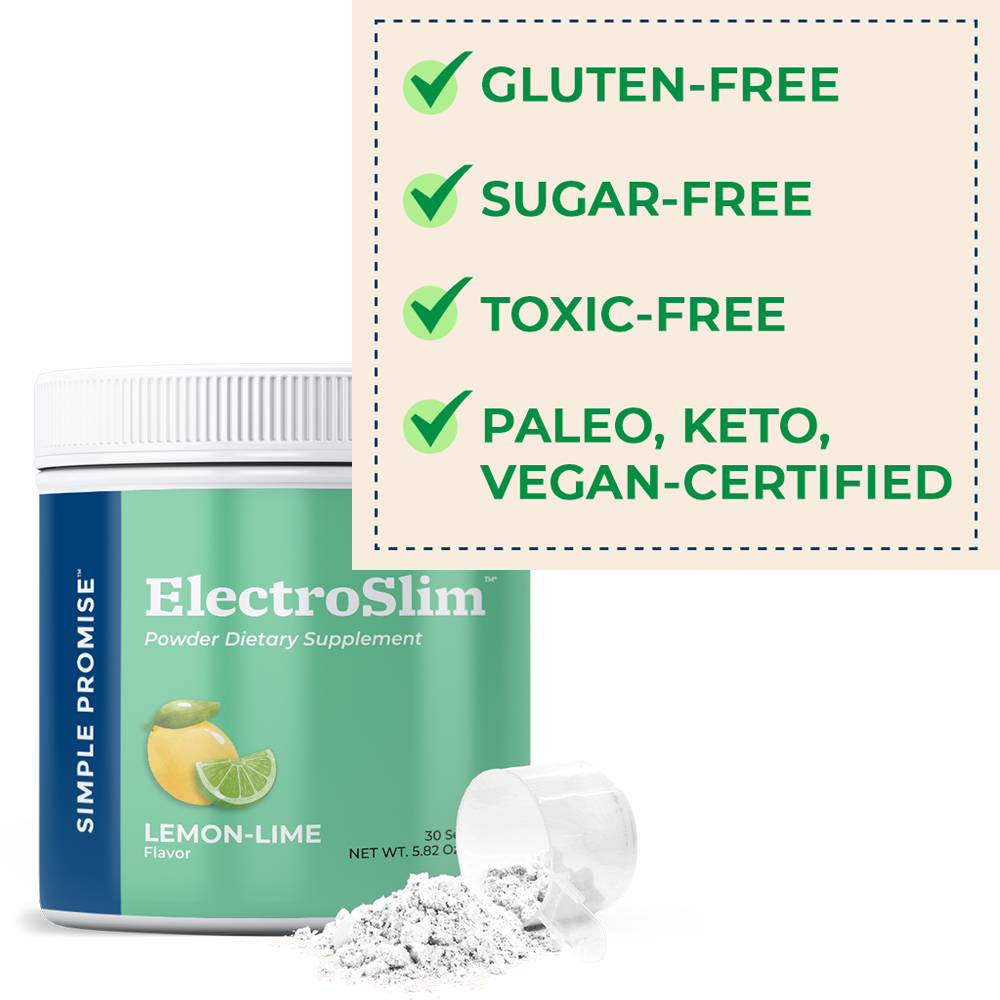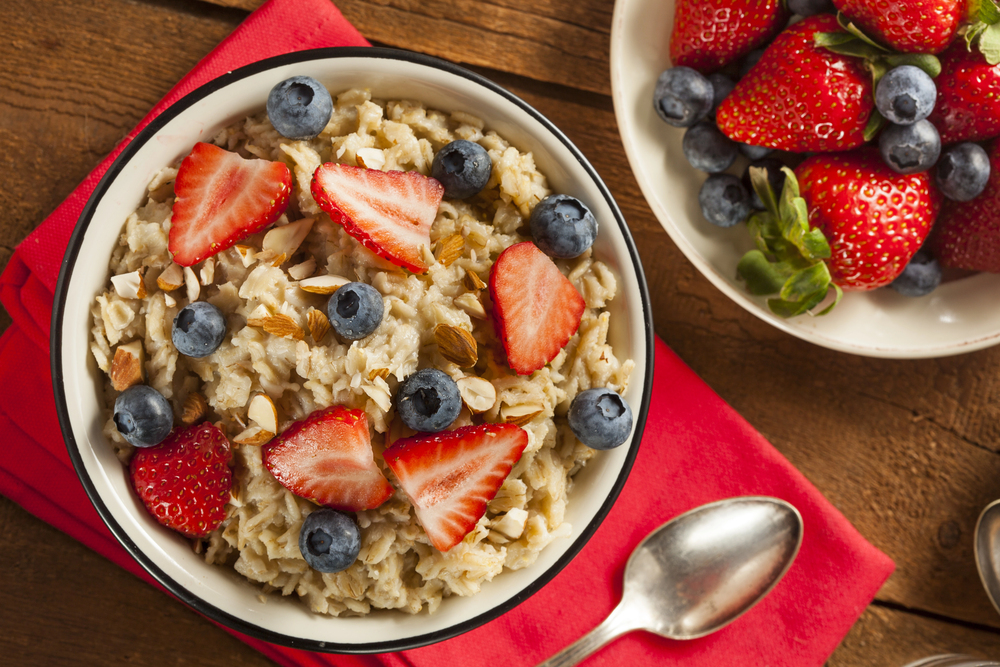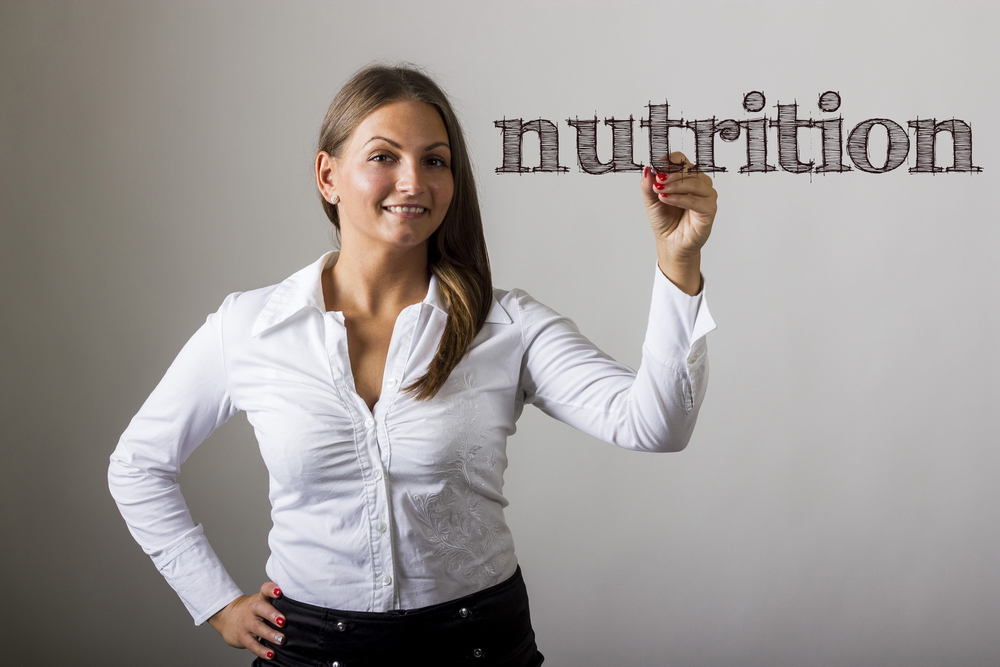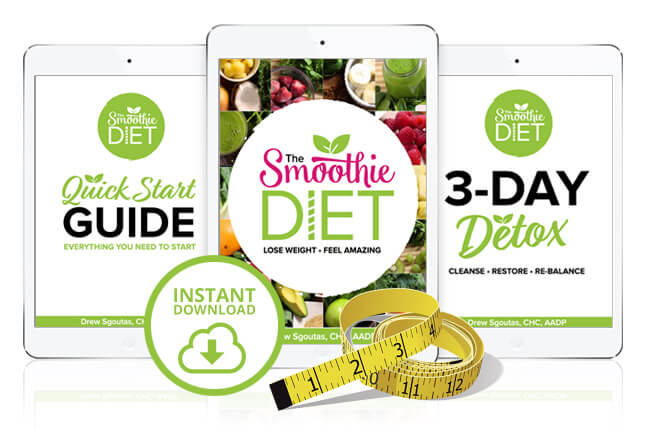Is Oatmeal Good for You? Food choices often take center stage in seeking effective weight loss and a healthy lifestyle. Among the myriad options available, oatmeal has emerged as a nutritional superstar. But is oatmeal perfect for you? Can it play a role in helping you shed those extra pounds while boosting overall health? Let’s delve into the world of oatmeal and uncover its potential benefits.
Understanding Porridge: What Makes It Special?
Oatmeal is made from oats, a whole grain celebrated for its impressive nutritional profile. It’s a rich source of:
- Dietary Fiber: Particularly beta-glucan, a soluble fiber known for its ability to promote fullness, regulate digestion, and lower cholesterol.
- Micronutrients: Oatmeal contains essential vitamins and minerals, such as magnesium, phosphorus, zinc, iron, and vitamin B1 (thiamine).
- Antioxidants: Unique compounds called avenanthramides in oats help reduce inflammation and improve heart health.
- Low-Calorie Density: Oatmeal provides a satisfying volume of food with relatively few calories, making it an ideal choice for weight management.

Electroslim is an electrolyte powder full of essential minerals that give your metabolism an electric charge and force your body to burn fat for energy.
The Role of Porridge in Weight Loss
1. Promotes Satiety
One of oatmeal’s most significant benefits lies in its ability to keep you feeling full for longer. This is due to its high content of beta-glucan, a soluble fiber that forms a gel-like substance in the gut. This gel slows digestion, stabilizes blood sugar levels, and prolongs the feeling of fullness, reducing the likelihood of overeating.
2. Low in Calories, High in Volume
Oatmeal has a low-calorie density, meaning you can enjoy a substantial portion without consuming excessive calories. This makes it easier to maintain a calorie deficit, a crucial factor for weight loss.
3. Stabilizes Blood Sugar Levels
Oatmeal helps control cravings and maintain consistent energy levels throughout the day by preventing rapid spikes and crashes in blood sugar. This makes it easier to stick to a healthy eating plan.
4. Supports Digestive Health
The fiber in oatmeal promotes healthy digestion, preventing constipation and fostering a balanced gut microbiome. A healthy digestive system is often linked to improved metabolism and weight management.

Nutritional Benefits Beyond Weight Loss
While oatmeal is a fantastic ally for weight loss, its benefits extend far beyond the scale:
Heart Health
Oatmeal is well-known for its heart-protective properties. Beta-glucan helps reduce LDL cholesterol (the “bad” cholesterol), lowering the risk of heart disease. The antioxidants in oats also support better blood flow and reduce inflammation, further protecting cardiovascular health.
Rich in Essential Nutrients
Oatmeal is a powerhouse of vitamins and minerals that support overall well-being. Magnesium aids muscle and nerve function, phosphorus supports bone health, and zinc boosts immunity. These nutrients ensure that your body gets the nourishment it needs even while cutting calories.
Energy Booster
Oatmeal’s complex carbohydrates provide a steady release of energy, making it an excellent choice for breakfast or a pre-workout meal. This slow energy release helps improve focus and endurance throughout the day.
Choosing the Right Type of Porridge
Not all oatmeal is created equal. Here’s a breakdown of the different types and their pros and cons:
1. Steel-Cut Oats
These are the least processed type, made by chopping whole oat groats into pieces. They retain more fiber and nutrients, offering a chewy texture and a nutty flavor. However, they take longer to cook.
2. Rolled Oats
Also known as old-fashioned oats, these are steamed and flattened. They cook faster than steel-cut oats and are versatile for various recipes while retaining much of their nutritional value.
3. Quick Oats
These are pre-cooked and rolled thinner for faster preparation. While convenient, they may have slightly less fiber than steel-cut or rolled oats.
4. Instant Oats
Instant oatmeal is the most processed type, often packaged with added sugars and flavorings. Opt for plain varieties to avoid unnecessary additives and maintain their health benefits.
5. Oat Bran
Oat bran is the outer layer of the oat grain, rich in fiber and protein. It can be used as a topping for yogurt or added to baked goods for a nutritional boost.

Preparing Oatmeal for Maximum Health Benefits
How you prepare oatmeal can make or break its health benefits. To keep it nutritious and weight-loss-friendly:
- Choose Plain Oats: Avoid flavored packets that often contain added sugars and artificial ingredients.
- Use Healthy Additions: Top your oatmeal with fresh fruit, nuts, seeds, or a splash of milk for added flavor and nutrients.
- Limit Sweeteners: Use natural sweeteners like honey, maple syrup, or mashed bananas sparingly.
- Experiment with Savory Options: Oatmeal doesn’t have to be sweet! Try a savory bowl with sautéed vegetables, an egg, and a sprinkle of cheese.
Common Myths About Oatmeal
“Oatmeal Is Fattening”
Oatmeal itself is not fattening. However, calorie-dense toppings like excessive sugar, butter, or cream can turn a healthy bowl into a high-calorie dish. Stick to wholesome, portion-controlled toppings.
“Oatmeal Is Bland and Unappetizing”
While plain oatmeal may seem unexciting, its versatility allows for endless customization. From tropical fruit bowls to hearty savory creations, oatmeal can be tailored to suit any palate.
“Instant Oatmeal Is Unhealthy”
Not all instant oatmeal is terrible. Look for plain instant oats without added sugars or artificial flavors to enjoy the same benefits as less processed varieties.

Delicious Oatmeal Recipes to Try
1. Classic Berry Oatmeal
Cook rolled oats with almond milk, then top with fresh berries, a honey drizzle, and a sprinkle of chia seeds.
2. Peanut Butter Banana Oatmeal
Stir a spoonful of natural peanut butter into warm oats and top with banana slices and a dash of cinnamon.
3. Savory Spinach and Egg Oatmeal
Prepare oatmeal with vegetable broth, then stir in sautéed spinach and top with a poached egg and grated Parmesan cheese.
4. Chocolate Almond Overnight Oats
Mix oats, unsweetened cocoa powder, almond milk, and a touch of maple syrup in a jar. Refrigerate overnight and garnish with sliced almonds in the morning.

Potential Downsides of Oatmeal
While oatmeal is highly beneficial, there are a few considerations:
1. Gluten Contamination
Although oats are naturally gluten-free, cross-contamination can occur during processing. Look for certified gluten-free oats if you have celiac disease or gluten sensitivity.
2. Portion Control
Even healthy foods like oatmeal can lead to weight gain if consumed excessively. Stick to appropriate serving sizes.
3. Digestive Sensitivity
The high fiber content in oatmeal may cause bloating or gas in some individuals, mainly if they’re not used to a high-fiber diet. Start with smaller portions and gradually increase your intake.

THE SMOOTHIE DIET is a new system that promises to help you lose weight and feel great. It can transform your life and make you feel better than ever before.
The Verdict: Is Oatmeal Good for You?
Oatmeal is undoubtedly a nutritious and versatile food that offers numerous health benefits. It’s a valuable addition to almost any diet, from supporting weight loss and heart health to providing essential nutrients and sustained energy. However, its benefits depend on how it’s prepared and consumed. You can make oatmeal a cornerstone of your healthy lifestyle by choosing minimally processed oats and pairing them with wholesome toppings.
So, the next time you’re pondering your breakfast options, consider a warm, hearty bowl of oatmeal—it’s good for your body, goals, and taste buds!


